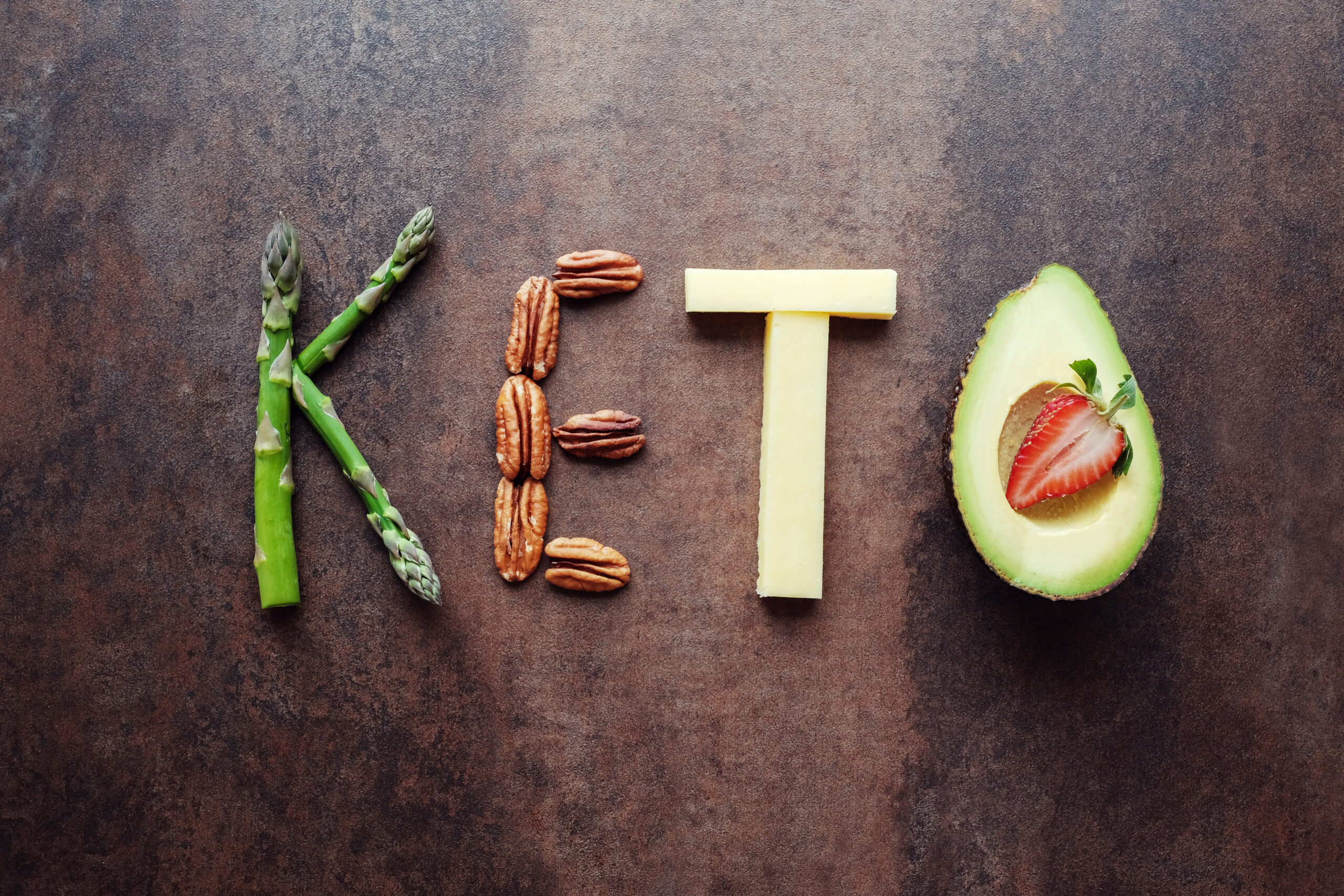The keto diet has garnered significant attention in recent years, and for good reason. It offers a unique approach to weight loss and overall health improvement by focusing on low-carbohydrate, high-fat intake. But what exactly is the keto diet, and how can you make the most of its benefits?
What is the Keto Diet?
At its core, the keto diet revolves around reducing carbohydrate intake to a minimum while increasing consumption of healthy fats and moderate protein. This strategic shift in macronutrient intake prompts the body to enter a metabolic state known as ketosis, wherein it becomes incredibly efficient at burning fat for energy.
Benefits of the Keto Diet
1. Weight Loss:
One of the most notable benefits of the keto diet is its effectiveness in promoting weight loss. By limiting carb intake, the body is forced to tap into its fat stores for fuel, leading to accelerated fat burning and weight reduction.
2. Improved Energy Levels:
Many individuals report experiencing increased energy levels and enhanced mental clarity on the keto diet. This is attributed to the stable energy supply provided by fat-derived ketones, which serve as a reliable fuel source for both the body and the brain.
3. Enhanced Metabolic Health:
Adopting a keto lifestyle can have profound effects on metabolic health, including improved insulin sensitivity and lowered blood sugar levels. This makes it particularly beneficial for individuals with type 2 diabetes or those at risk of developing the condition.
Implementing the Keto Diet Successfully
1. Focus on Whole Foods:
To reap the full benefits of the keto diet, prioritize whole, nutrient-dense foods such as lean meats, fish, eggs, nuts, seeds, vegetables, and healthy fats. Minimize your intake of processed foods and refined sugars, as these can hinder your progress and undermine your health goals.
2. Stay Hydrated:
Proper hydration is key to supporting your body’s metabolic processes and optimizing ketone production. Aim to drink plenty of water throughout the day, and consider supplementing with electrolytes to maintain electrolyte balance, especially during the initial stages of ketosis.
3. Monitor Your Macros:
Tracking your macronutrient intake is essential for staying on track with the keto diet. Aim to consume 70-75% of your daily calories from fat, 20-25% from protein, and 5-10% from carbohydrates to achieve and maintain ketosis effectively.
Overcoming Common Challenges
While the keto diet offers numerous benefits, it’s not without its challenges. Some individuals may experience keto flu symptoms during the initial transition period, including fatigue, headaches, and nausea. However, these symptoms are typically temporary and can be mitigated by staying well-hydrated and ensuring an adequate intake of electrolytes.
Final Thoughts
The keto diet presents a powerful tool for weight loss, metabolic health improvement, and enhanced well-being. By adopting a strategic approach to macronutrient intake, prioritizing whole foods, and staying mindful of hydration and electrolyte balance, you can maximize your success and reap the myriad benefits this lifestyle has to offer.







